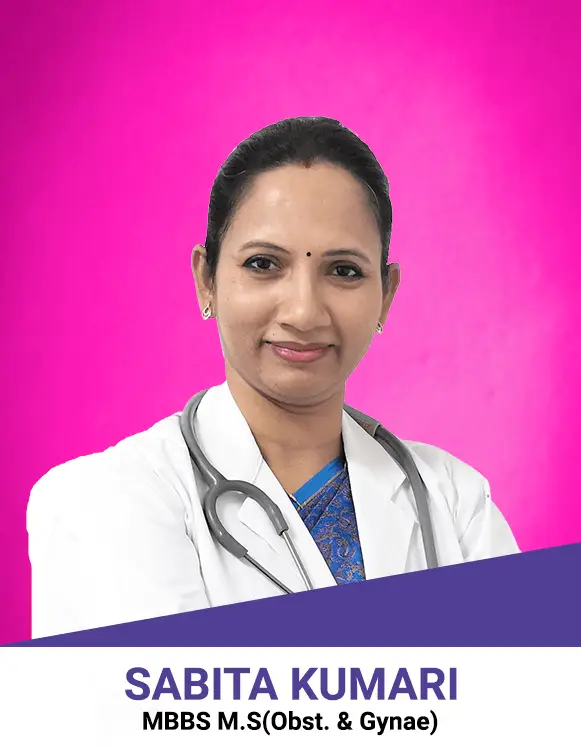GYNAEC Endoscopy Treatment

Gynaec Endoscopy
Information:
Gynecological endoscopy is a specialized surgical procedure employed to diagnose various gynecological conditions, including small vaginal hemorrhages and endometrial polyps, among others, utilizing advanced optical instruments. If you're searching for Endoscopy Treatment in Faridabad, this technique may be beneficial. Your doctor will skillfully examine your esophagus, stomach, and the initial portion of your small intestine, the duodenum.
This innovative method also extends its utility to explore organs beyond the small intestine, enabling endoscopic ultrasound examinations of the pancreas, gallbladder, and bile ducts. Through precise visualization, endoscopy aids in the detection of inflammation, ulcers, and tumors. In particular, when it comes to identifying abnormal growths, such as cancer, and inspecting the interior of the upper digestive system, upper endoscopy surpasses X-rays in terms of accuracy. Moreover, any identified abnormalities can be promptly addressed using the endoscope. For those seeking comprehensive endoscopy tests near me this versatile technique offers both diagnosis and potential therapeutic solutions.
Procedure
Endoscopic surgery, specifically Endoscopy in Faridabad, is a minimally invasive medical procedure. During this endoscopy procedure, a long, flexible tube known as an endoscope is gently inserted down your throat and into your esophagus. It's important to note that this process does not obstruct your ability to breathe, allowing patients to breathe normally throughout the examination.
To ensure your comfort, the procedures typically involve some level of sedation. This sedation serves to relax you and suppress your gag reflex. As you undergo the procedure, the sedation will induce a state of moderate to deep sleep, ensuring that you remain comfortable and free of any discomfort as the endoscope is inserted through your mouth and into your stomach.
Prior to commencing the procedure, you will be kindly requested to remove any eyeglasses, contact lenses, and dentures. While you generally won't need to disrobe, there may be a requirement to wear a hospital gown over your clothing to facilitate the examination
Complications-
Risk factors include-
- Perforation (tear in the gut wall)
- Reaction to sedation.
- Infection
- Bleeding.
- Pancreatitis as a result of ERCP.
Upper GI endoscopy can be used to identify many different diseases:
- gastroesophageal reflux disease.
- ulcers
- cancer link.
- inflammation, or swelling.
- precancerous abnormalities such as Barrett's esophagus.
- celiac disease
- strictures or narrowing of the esophagus.
- Blockages.
Occasionally, the endoscope causes some damage to the gut. This may cause bleeding, infection and a hole (perforation). If any of the following occur within 48 hours after a gastroscopy, consult a doctor immediately: Tummy (abdominal) pain.
An endoscopy usually takes between 15 and 45 minutes, depending on what it's being used for. You can usually go home the same day and do not have to stay in the hospital overnight.

